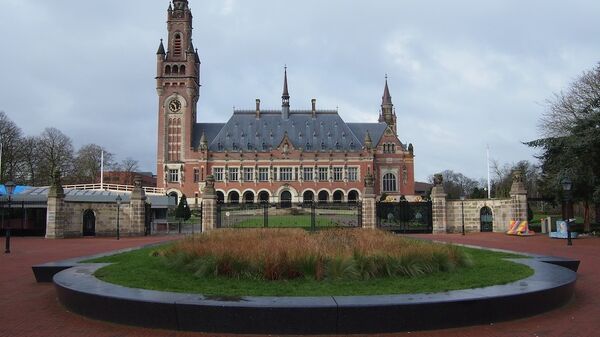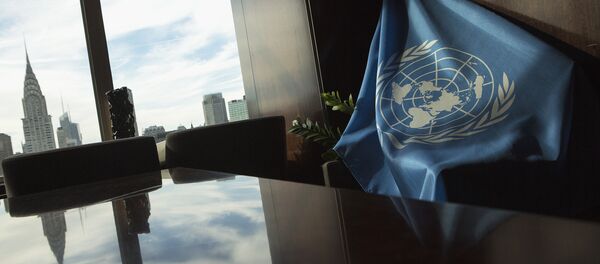It declined Kiev's request to introduce provisional measures against Moscow over the International Convention for the Suppression of the Financing of Terrorism (ICSFT).
"The Court is of the view that, at this stage of the proceedings, Ukraine has not put before it evidence which affords a sufficient basis to find it plausible that these elements are present. Therefore, it concludes that the conditions required for the indication of provisional measures in respect of the rights alleged by Ukraine on the basis of the ICSFT are not met," said the ruling.
The ICJ said Ukraine initiated legal proceedings against Russia on January 16 of this year when it accused Russia of funneling weapons, military equipment, people and money to war-torn eastern Ukraine through their common border.
The ICJ ruled that Russia should allow Tatars to preserve their representative institutions, such as Mejlis, and ensure the availability of education in the Ukrainian language. But it found that Ukraine had not "put before it evidence which affords a sufficient basis to find it plausible" that Russia had financed terrorism in Ukraine.
Moscow welcomed the decision of the UN Court.
"It is important that the Court took a principled position and did not support Ukraine's claims about alleged "aggression", "occupation", or the status of Crimea as not relevant to the subject of the proceedings," Russia's Foreign Ministry said in the statement on its website.
"The Court's decision was a compromise. It underlined rights for the Ukrainian and Crimean Tatar language. And that was it. So, we can say here that the demands have been partially satisfied. Or we can also say that the demands have not been satisfied in principle," he told Sputnik.
The political analyst further suggested that Kiev won't stop blaming and demonizing Russia.
"Ukraine has to further blame and demonize Russia. Otherwise the voters and certain politically active elements won't support its current administration – the president and the cabinet of ministers. Hence they are doomed to blaming Russia of whatever they find appropriate until they remain in power," he said.
In a separate comment on the issue, Dr. Dmitri Labin, a professor of international law at the Moscow State Institute of International Relations noted to Radio Sputnik that the Court is yet to review the merits of the case, however the chances are miserable that it will accept Ukraine's claims.
"The international court is not at all obliged to determine who, what and how it is done, that's done by completely different international entities. So it is legally impossible to demand this from the International Court of Justice. Whatever evidence anyone imagined, it is not within the competence of the International Court of Justice, "the lawyer said.




